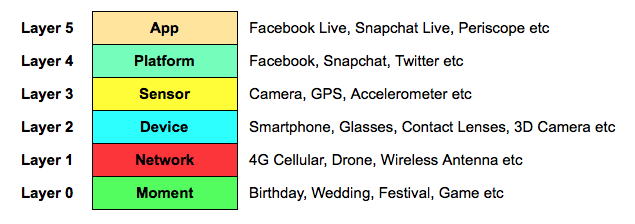A blog is a fast and easy PR tool you can use to promote your knowledge and expertise to a wide audience.
But like other PR tools, blogs should be used for specific reasons and with the hope of achieving particular results. Writing a blog for the sake of seeing your name on the screen is not publicity. It's vanity. Just like issuing a news release when you have nothing to say, a “content-free” blog does little to establish or enhance a positive reputation for you or your company.
Here are some tips for blogging the right way and for the right reasons:
- Create a comprehensive list of your knowledge, expertise, or services. Then prioritize the topics that are most important to you and write what you know about.
- Follow the blog posts of others to see what they have to say on the topics you want to write about. Instead of simply repeating that they’ve already said, find something new or interesting to write about the matter. Posting new and original material will help you stand out from the crowd. Unless, of course, you are more interested in being an echo chamber instead of a fresh voice.
- Depending on the blogging platform you choose to you, you can have a big say in deciding how large or small you’d like your potential audience to be. If you think bigger will be better, and then include a link to your blog on your Web site, social media platforms, e-mail signature, etc.
- Decide how much feedback, if any, you want from your audience. While encouraging dialog among followers of your blog can lead to a larger audience, you also run the risk of losing control of the nature and focus of the content. This is not a bad thing if you want to build an online community, but it could also be frustrating if you think “your” blog has been hijacked by others.
- Plan your blogging activities as if they were like any other important part of your marketing activity. Because they are!
- Experiment with different blogging formats (e.g., word-based versus video-based) before making a final decision about the kind of blog you want to do. If you are more comfortable in front of a keyboard instead of a camera, then launching a YouTube-based blog will not be best for you. How you blog will dictate the platform you should employ.
- If you already have an established reputation, reinforce that image with appropriate blog posts. If you are just starting out in business and have no brand, think long and hard about what you want people to know and think about you. Then take steps to ensure that the content you post does not stray from that desired reputation.
- Keep current on trends and developments in your industry, profession, or areas of expertise. To receive the latest news, set up Google Alerts for key words, phrases and topics you want to follow.
- After you’ve had an opportunity to try your hand with blogging, have an honest conversation with yourself about the experience. Does blogging make sense for you? Is it something that you really want to continue doing, or has it becomes a drag? Every PR activity should be done for the right reasons. Don’t let your blog become a slog.








